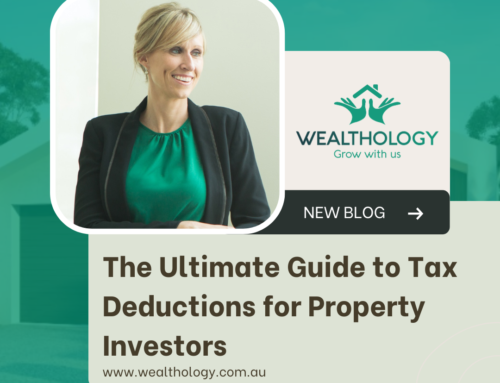
Property investors often look forward to tax time as the tax deductions associated with holding the property can often result in a great tax refund. But what many property investors may not realise is that you don’t have to wait to the end of the year to benefit from the tax deductions – you can effectively take advantage of the tax deductions available to you and receive your tax refund throughout the year.
This can greatly improve your cash flow throughout the year and this is achieved simply by utilising a Pay As You Go (“PAYG”) Withholding Variation. And NOW is the time to get one of these set up so you can take advantage of the full 12 months.
A PAYG Withholding Variation allows individuals to reduce the amount of tax withheld by their employer in each pay to anticipate their tax liabilities. It takes a property investor’s expected income from employment and rental properties, and deducts associated property expenses such as – management fees, rates & water, land tax, insurance, interest on loans, repairs & maintenance and depreciation. By calculating the estimated tax refund for the financial year, it allows their employer to take less tax out of their wages each pay.
CASE STUDY:
Sam purchased an investment property in November 2013 for $510,000 including purchase costs.
- § The rents for $550/week or $28,600 per year.
- § Expenses for the property including interest, rates, repairs and maintenance, property management fees, borrowing expenses and insurance totaled $36,000.
- § Building write-off & depreciation totals $12,000 for the property in the 2016 financial year.
A PAYG Withholding Variation is prepared and it is estimated that Sam will have a tax refund upon lodgement of his 2016 tax return of $8,000. If Sam lodges the PAYG Withholding Variation, the ATO can authorise Sam’s employer to deduct approximately $308 less tax each fortnightly pay.
The additional take home pay allows Sam to more comfortably service the investment loan, to cover any unexpected repairs on the property and make additional repayments on his own principal place of residence reducing non-deductible interest.
If you are interested in learning more about this please speak directly to your accountant. If you need a savvy accountant who would be happy to help, just let me know.
* Special thank you to Karen @ Goad Accountants for sharing this info *





